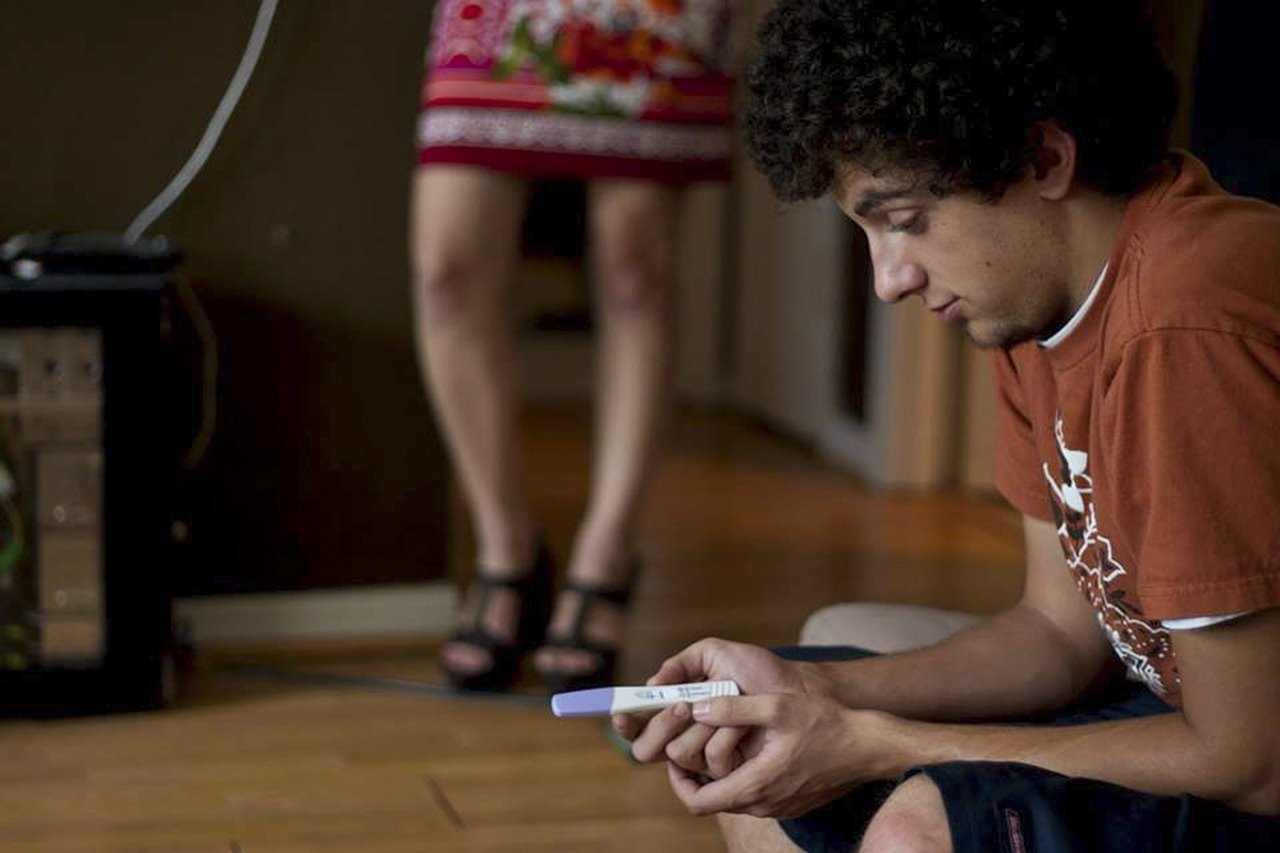

PREGNANCY TESTS
You might be waiting for the ‘big day’ to arrive when you discover that you are finally going to be a mom. This might be the only time when you wish to miss your periods. Well, this news comes handy through a drug store with a pregnancy confirmation kit which is found to be 97.4% accurate. To be 100% sure, you now can visit your practitioner.
But what do pregnancy tests do? How accurate are they and when are they safest to use?
To know all this, keep on scrolling and feed yourself with the all your wanted answers.
WHAT EXACTLY DOES A PREGNANCY TEST DO?
If you become pregnant, and fertilized egg implants itself into the wall of your uterus (womb), an organ called placenta starts to develop that will nourish your young one throughout the pregnancy. This placenta also produces a hormone called hCG (Human Chorionic Gonadotropin), that can be traced in your urine or blood. Its presence in the urine or blood is the basis of all pregnancy tests.
HOW CAN YOU PERFORM PREGNANCY TEST AT HOME?
YOU WILL NEED a pregnancy test stick that is easily available in a drug store and does not needs a prescription to buy. Once you get it, urinate into a cup and put a few drops into the stick. Wait for 3-5 minutes to get the results.
WHEN TO PERFORM?
You can perform the test at any time of the day, but the first urine during the morning is preferable.
HOW ACCURATE IS THIS TEST?
If performed as per the instructions, these tests have been found 97.4% accurate. If you misunderstood or failed to follow the instructions, the result might be either FALSE POSITIVE or FALSE NEGATIVE.
FALSE POSITIVES are rare and occur because of several reasons including:
- User error in performing and interpreting the test
- Loss of pregnancy, usually before it is apparent in an ultrasound.
- Intake of medicines containing hCG (chlorpromazine, phenothiazines, and methadone, among others like infertility treatment or athletic drugs)
- Production of hCG due to some medical issues (tumor in the pituitary, certain disease of the liver, or cancer).
- Tests used past their expiration date.
- The test reaction is read past its reaction window time (usually 3-5 minutes).
FALSE NEGATIVE OCCURS if the test is done too early. The concentration of hCG rises rapidly with time (gestational age). Performing the test within 3-4 days of implantation may lead to false-negative as the concentration of hCG is too low.
If in doubt, you can repeat the test or get a blood test done to be more sure.
Divya
M. Sc. Gold Medalist

Leave a Reply